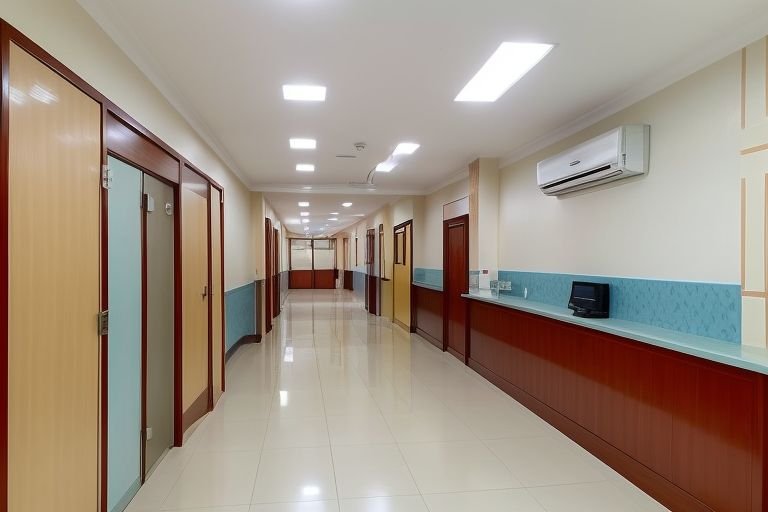
Indonesia Secures Funding To Upgrade Primary Healthcare Facilities Nationwide
Recently, Indonesia took a great step to improve the waiver of its healthcare system by obtaining the investment loan of 650 million US$ from the ASIAN DEVELOPMENT BANK to renovate the primary healthcare infrastructure all over the country. This large scale project is planned to be implemented in over ten thousand health care facilities and five hundred labs all across the country to significantly raise Indonesia’s healthcare index in and establish qualitative accessible health care for its people.
The loan approval arrives at a good time and it is needed to address a number of issues affecting Indonesia’s healthcare system due to the COVID-19 and other infections in addition to the growing prevalence of non-communicable diseases. To meet these challenges the project will focus primary on enhancing the base of the pyramid, the primary care facilities.
In this regard, thousands of the community health centers referred to as Puskesmas in local parlance will benefit from infusion of resources to enhance the infrastructure and technologies of the health sector. The upgrades will include; purchase of new medical equipment, expansion and remodeling of the structures and introduction of health informatics in managing patients.
On of the major aims of the upgrade will be to strengthen first level diagnostic processes. Half of the 500 centres to be upgraded will incorporate new testing equipment, allowing each laboratory to perform more tests. This improvement is envisaged to especially lower the time and money required before a diagnoses is made, especially for patients who reside in rural and isolated regions where they sometimes are forced to wait for long before they can see a specialist.
It also entails a significant expenditure in the establishment of digital health assets. This will include utilisation of electronic health record, telemedicine solutions and health information management systems. With the help of these technological applications, care is reported to become better coordinated, data concerning populations for public health purposes more effectively gathered and communication between the various tiers of the system presumably enhanced.
Dr Lia Partakusuma, Director General of Health Services at the Indonesian Ministry of Health, stressed on this project’s change making ability. ”This investment, he said, will transform the delivery of health care right from the district level,” she said. ‘It is not just investing in new buildings, it is investing in a new kind of health care delivery that is more flexible, more effective and more patient focused.’
The ADB loan is perhaps seen as fitting into a broader government approach to tackling deep-seated problems in Indonesian health care that have made global headlines due to the poor distribution of facilities, the quality of many of the facilities that do exist, and the extreme shortage of healthcare workers a. The government hopes to shift some of the demand from hospitals and address disease prevention and management at the earlier stages in the aim to upgrade health outcomes in the population.
For the Indonesian nation, the project will most likely change the availability of healthcare in all the rural and even remote areas. Most of the areas mentioned today do not have sufficient health facilities; this is why people are compelled to cover many miles just to seek basic medical help. The improved equipment and diagnostic services should mean that quality healthcare is now a little nearer to some of these communities.
However, the effectiveness of this massive plan will not be based on the quality of the infrastructure alone. The government recognises the requirement of the simultaneous strategies to produce the desired supply of healthcare workers especially in the rural settings. To improve on this situation, there are plans to expand production of doctors, nurses and other prospective health workers and an option of offering incentives to practice in hard to reach regions is under way.
This massive upgrade project is expected to take quite some few years; with the initial phases being a focus on priority facilities. In particular, the Ministry of Health has created a special team for the implementation of the project and to monitor the work in order to perform the works and upgrades in the best way, following the standards required in the country’s health care system.
And as Indonesia begins this process of upgrading its basic PHC’s, the world will be watching with keen interest. This success would be useful for other developing nations that experiences similar issues with healthcare delivery. Furthermore, it is one essential milestone for Indonesia to attain the policy of universal health coverage and ultimately promote the health standard of people in Indonesia.


